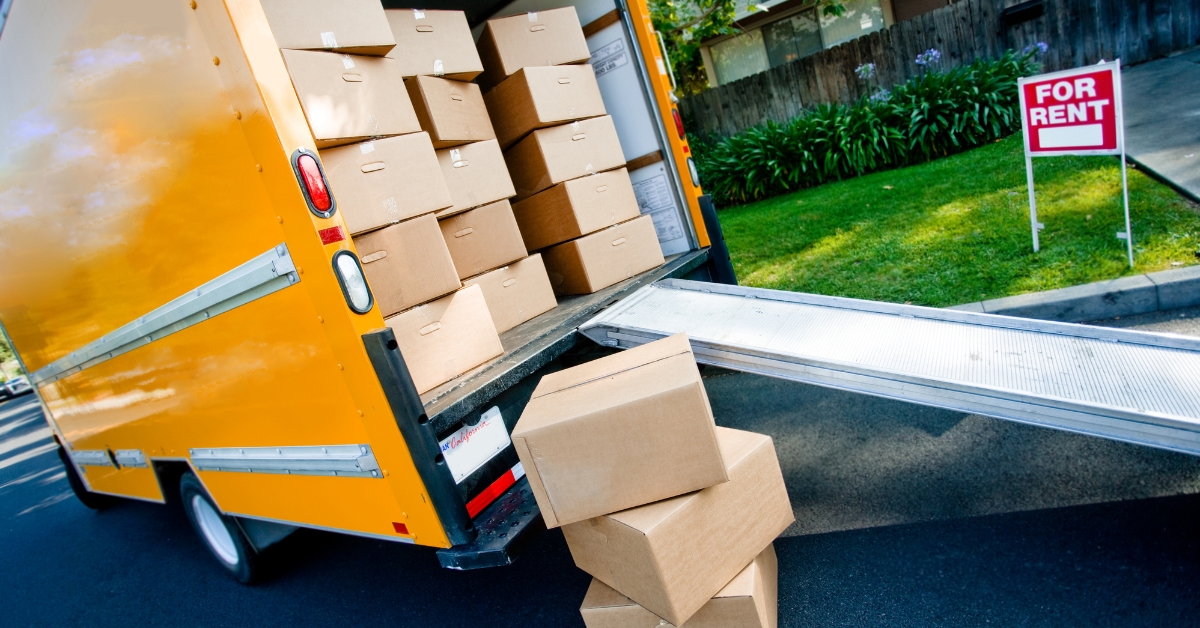Moving out is a big step. So, knowing how to move out of your parent’s house emotionally and financially is important.
No matter your relationship with your parents, you will need them or some support system after you move. So, being mindful of your parent’s feelings when planning to move out is a good idea. You also need to plan and prepare before you move to ensure that you are in a good position financially.
To learn more, look at this guide. It contains step-by-step instructions and tips to ensure your move is successful.

Steps for How to Move Out of Your Parent’s House Financially
While living at home, you are likely paying a fraction of what you will have to pay on your own. So, if you do not want to ask your parents if you can move back in later, creating a plan and budget before you venture out on your own is best.
1. Ensure You Have Transportation
If you are driving a car your parents pay for, you need to speak to them about whether they will continue making your car payments after you move. If you do not have a vehicle, you should consider buying something before you move out because afterward, you will have far less money to spend on transportation. Buying a cash car is the cheapest option. However, older cars are susceptible to breakdowns. So, you need to consider that when you create a budget.
2. Get a Job
If you do not have a job, you need to get one. You will need to ensure that you make enough money working to pay for rent, car payments, insurance, utilities, groceries, and other monthly expenses. If you are trying to move out, consider a job that includes housing.
3. Establish Credit
Before renting a house or apartment, you must establish good credit. Housing is expensive. However, the better your credit is, the better your position will be to negotiate a cheaper lease price.
4. Save Money for Your Deposit and Moving Expenses
Your security deposit is one of the most significant moving-related expenses. The deposit in an apartment is much cheaper than renting a home. When you rent a house, you typically have to pay a deposit equal to one month’s rent. In some cases, landlords require two or more months for the security hold. So, you need to have at least two to three months of rent saved before you move.

You also need to save for your moving-related expenses, including:
- Renting a moving truck
- Boxes
- Renting a dolly
- Buying towels, silverware, dishes, furniture, and other essentials
5. Research and Create a Budget
Before you lease a place, you must create a budget to ensure you can pay your expenses. If you have debts, you should also pay them down before moving to avoid additional monthly payment obligations. It is also best to factor in an additional cushion to ensure that you can comfortably afford life outside your parent’s home. Things that you must factor into your budget include:
- Gas or transportation cost
- Utilities (electricity, water, gas, trash, etc.)
- Car payment
- Auto insurance
- Health insurance
- 401k contributions
- 10 percent of your income for savings
- Internet and cable bills
- Groceries
- School tuition
- Entertainment
- Rent
If you are unsure what houses and apartments cost in your area, you will need to research before creating your budget. If you cannot afford a place, consider getting a roommate. However, you must pick someone responsible and capable of paying their half of the rent on time.

6. Find a House or Apartment to Rent
Once you are confident that you can afford a place to live, you need to find a place. You can look on your own or work with a realtor. When you are leasing a place, an agent can help you negotiate a comfortable price, and the seller or landlord pays the agent’s fee.

7. Pay Your Bills On Time
Paying your bills on time is crucial because each month you fall behind makes it harder to catch up in the future. It is better to save on going out and have a roof over your head. So, you need to be responsible with your spending.
Emotional Tips for Moving Out of Your Parent’s House
Moving out of your parent’s house is one of the biggest steps you will ever take. So, it is best to maintain a positive relationship with your parents and have a support system.
- Communicate with your parents about your plans.
- Do not stay up too late.
- Get to work on time.
- Plan time to spend with your family.
- Move close to family or friends.
- Ask for help early if you need it.
- Keep your home clean and organized.
- Take care of yourself mentally by working out, eating healthy, and meditating.

Final Advice on How to Move Out of Your Parent’s House
By following these steps and tips on how to move out of your parent’s house, you will put yourself in a good position financially and emotionally. However, no matter how much planning and preparation you do in advance, moving out is a big change, and you will likely get lonely or miss your parents sometimes. So, it is a good idea to see them regularly, involve them in your plans, and be respectful to maintain a positive and healthy relationship.
For more personal finance topics, look at the other guides on learnfinancialstrategy.com. You will find guides on how to file your taxes, open a debit card account, fill out a check, and more.
